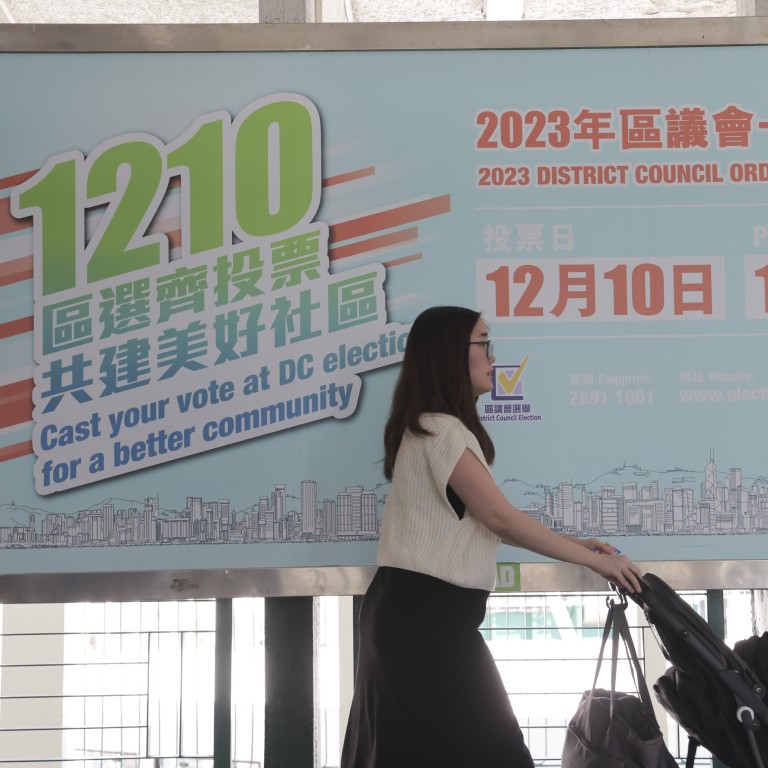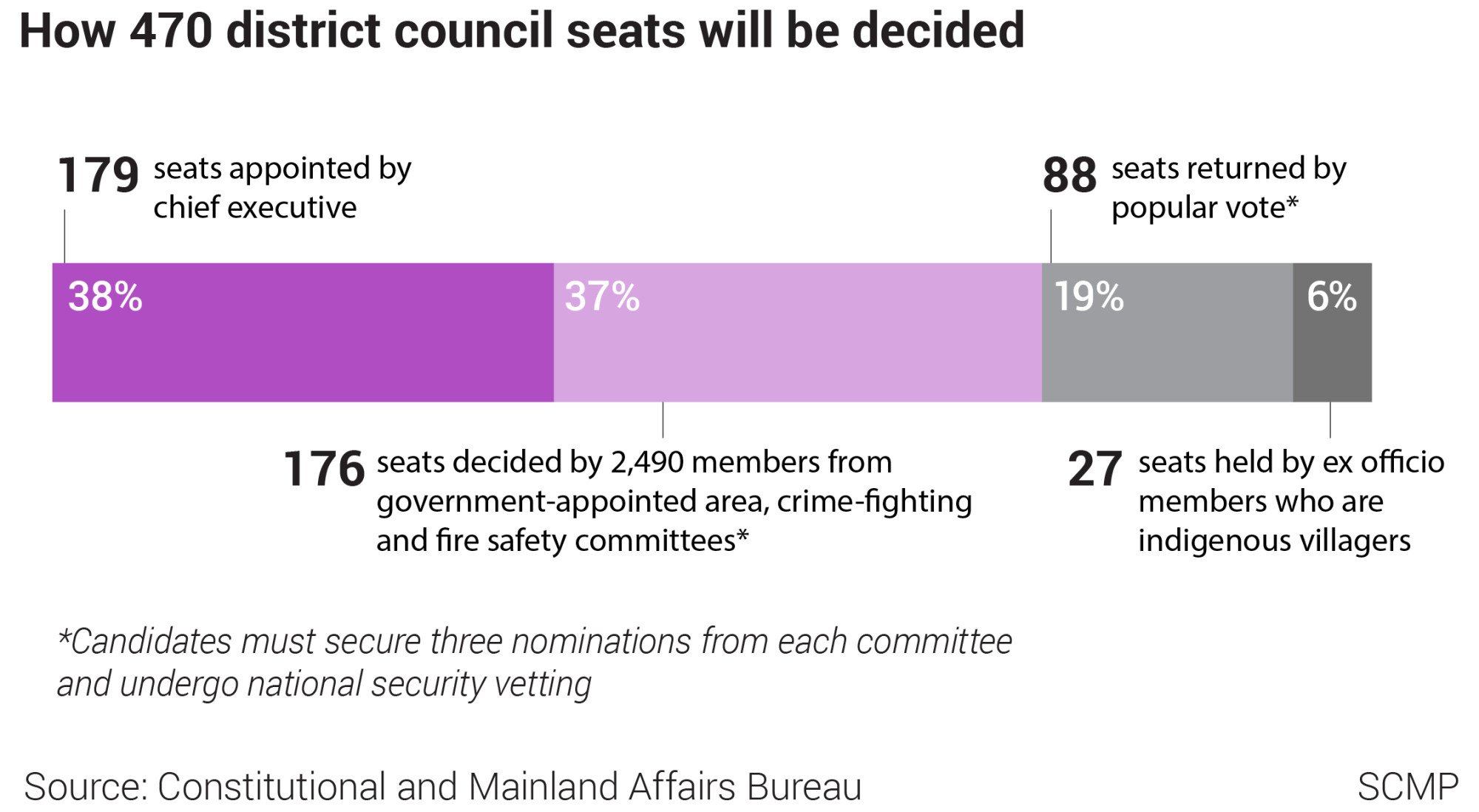
Even with election safeguards, why does John Lee still not trust voters?
- The chief executive said during his policy address he has faith in the people, but the actions of his government tell a different story
- Stripping power from district councils, cutting directly elected seats and barring the opposition from running don’t appear to be enough
Maybe Lee just doesn’t have faith in politicians? To his credit, not many do – and that appears to be the case across the globe.
But the problem is that Lee is also a politician. He has political power as the city’s chief executive, so it has to be more than that. Is it that Lee is suffering from a crisis of faith in the very system he has been instrumental in putting in place?

Lee said himself that the law on safeguarding national security in Hong Kong had addressed the “near-vacuum of national security laws for [Hong Kong]”. And the improved electoral system “safeguards the HKSAR’s governance system. Hong Kong is back on the path to progress.”
How much time needs to pass before those elections can be forgiven and forgotten? Would the completion of Article 23 legislation next year do the trick?
It’s a discombobulating thought. While many governments struggle with the lack of faith people have in them, Hong Kong people instead have to reflect on why the government has a crisis of faith in us.
Survey findings by the Hong Kong Institute of Asia-Pacific Studies at Chinese University found that trust in the Hong Kong government grew from 24.6 per cent in July 2022 to 28.2 per cent in July 2023, while distrust dropped from 28.1 per cent to 23.8 per cent. While the trust Hongkongers have in the city government is not going down, there is no telling where we stand with those in charge.
Hong Kong district council poll nominations ‘show shift towards less diversity’
The opposition is now shut out of even the district council elections and rendered irrelevant. But, for centrists who are deemed “acceptable” enough to have seats in the legislature, it boggles the mind why they are also not considered qualified to run and serve in consultative district-level bodies.
The government must look at whether the system is actually fair, just and open. It is troubling that, amid the current crisis of faith, the government still expects the people they do not trust to come out and vote.
Alice Wu is a political consultant and a former associate director of the Asia Pacific Media Network at UCLA


